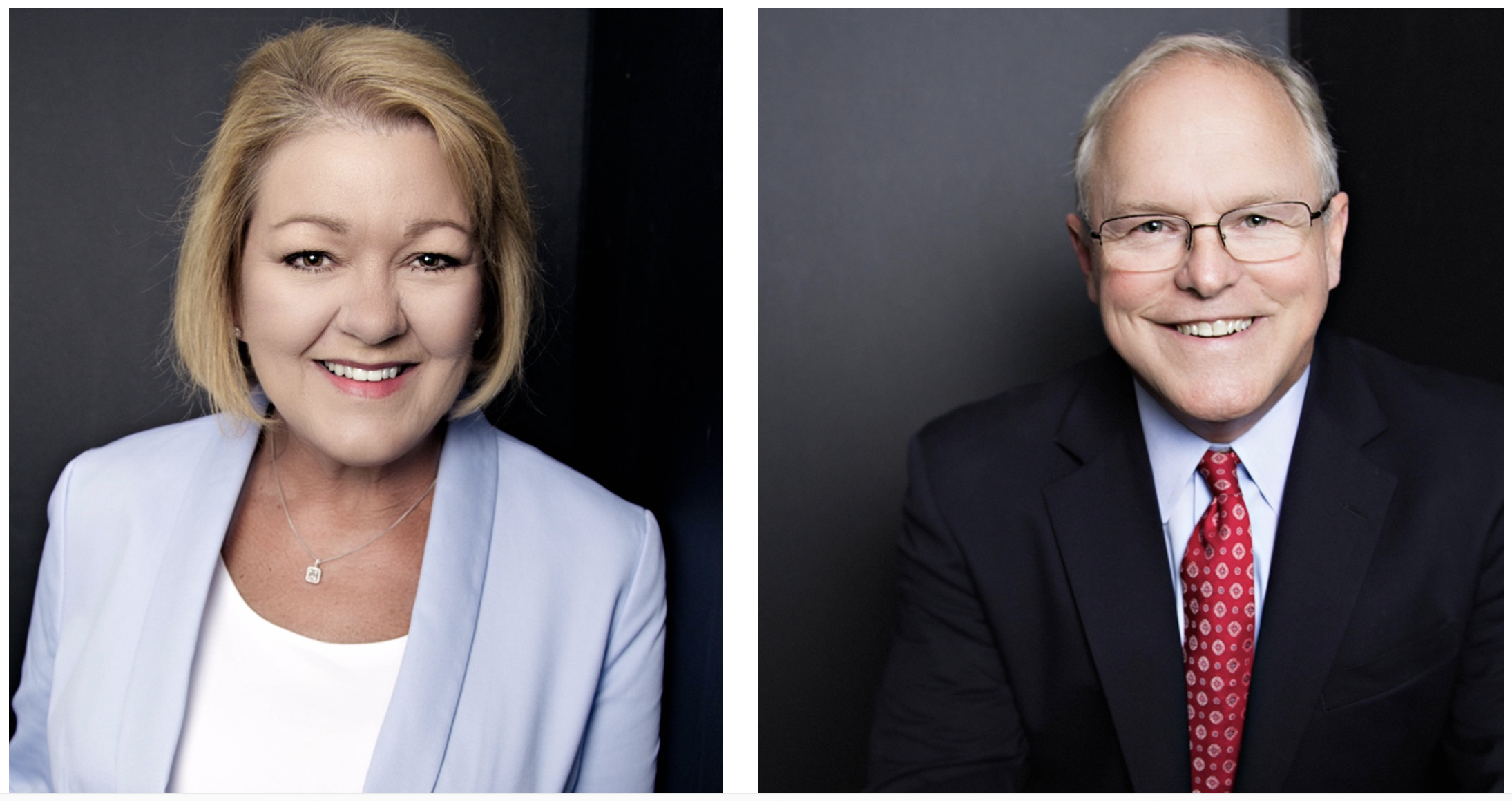By Wanda Lyle and Ralph Schulz

Transformative change in education is critical for Nashville’s next generation
Seventy percent of Metro Nashville Public School graduates are not ready for college or career, based on the state’s Ready Graduate definition. This statistic accounts for more than 3,000 young people leaving high school every year unprepared for their future.
These struggles go back to elementary school, where 70% of third graders cannot read at grade level. As our children advance from learning to read in third grade to reading to learn in the fourth grade and beyond, 70% are not ready. They continue to fall behind throughout their school career.
In 2010, polling data pointed to education as the most important issue facing Nashville. That same year, 41% of K-8 students scored proficient or higher in reading. In 2019, fewer than 30% of grade 3-8 students tested on-track or higher. Other measures have also remained stagnant. This lack of progress has occurred despite the personal contributions of countless teachers and administrators, a tremendous investment of time and dollars by the business and nonprofit communities and significantly greater investment from Nashville taxpayers, which increased from $621 million in 2010 to $914 million in 2019 to more than $1 billion today.
There are passionate and dedicated people leading our schools and teaching our children. Dr. Adrienne Battle has shown strong leadership navigating the district through immense difficulties and the learning loss caused by the pandemic. Long-term trends indicate that people are not the problem, but that the system is broken.
The question for us as a community is: when are we going to get serious and mobilize the full force of the city to change things? There is a bill being considered in the state legislature that the Nashville Area Chamber of Commerce believes can create a positive force for change. This bill would require four things:
1. When a community is not providing the education our children deserve, students and families are owed a plan to deliver better outcomes. The bill requires that a remediation plan be created, coordinated and communicated by the most powerful local elected official: the county mayor. There are three reasons the mayor should be charged with this task: (1) better educational outcomes for our children should be the highest priority of any community and its leaders; (2) the mayor determines the public-school funding which, today, is nearly 40 cents out of every Nashville tax dollar; and (3) the mayor is uniquely able to coordinate other city services and nonprofits to provide non-educational support to our children and their families.
2. The bill requires regular and transparent reporting on progress against the remediation plan, allowing the community to hold our elected officials accountable.
3. When a school board member’s term expires, if the school system has not improved, the mayor is permitted to select a replacement for that seat from within that district. Accountability to improve schools clearly sits with the elected official who controls school funding – the mayor.
4. Once school outcomes have improved, the bill allows for restoration to the current governance model.
Currently, there is misalignment in the system – school board members and the director of schools make policy decisions while the mayor and Metro Council make funding decisions. Accountable and effective organizations are not set up that way. Based on the National Assessment of Education Progress, cities with an aligned governance education system – Boston, Chicago, Washington, D.C., New York City and Philadelphia –all experienced measurable gains in eighth-grade reading proficiency between 2009 and 2019.
Data demonstrates that the status quo is not working. Polling shows that parents agree. We have no greater moral calling than our children’s future. In a city experiencing unprecedented growth and economic opportunity, we can and must do better.
Wanda Lyle serves as board chair of the Nashville Area Chamber of Commerce, and Ralph Schulz is president and CEO of the Nashville Area Chamber of Commerce.
